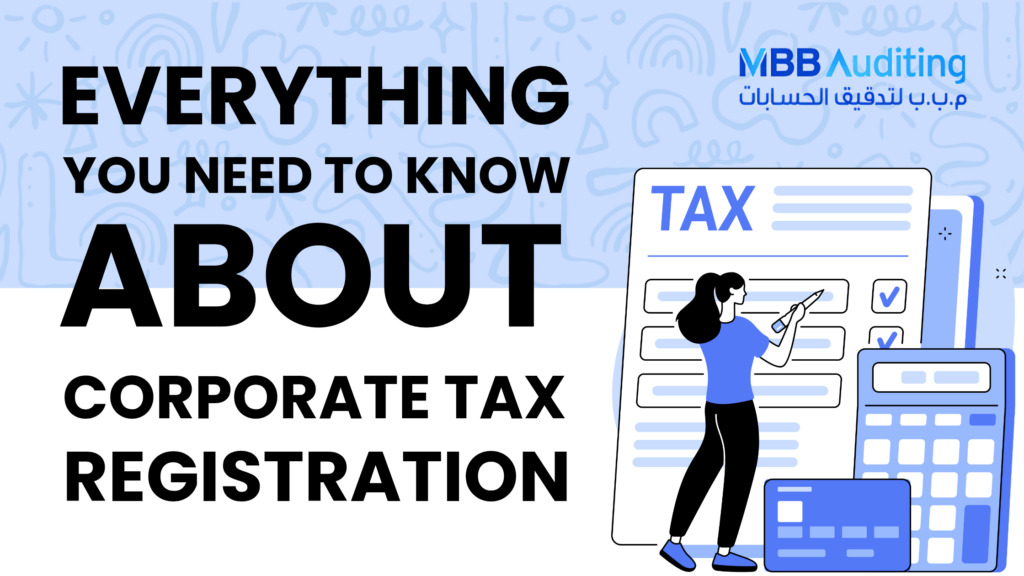
Corporate Tax Registration in UAE
Navigating the UAE’s corporate tax registration is a pivotal step for businesses aiming to operate compliantly within the region’s evolving fiscal landscape. As of June 1, 2023, the UAE introduced a Corporate Tax (CT) regime under Federal Decree-Law No. 47 of 2022, mandating that all businesses, irrespective of their taxable status, register with the Federal Tax Authority (FTA).
Who Needs to Register?
The obligation to register encompasses:
- Mainland UAE businesses: All entities operating within the UAE’s mainland jurisdictions.
- Free Zone companies: Entities established in designated free zones, even if benefiting from specific tax incentives.
- Individuals earning business income above the required threshold: self-employed individuals or sole proprietors whose earnings surpass the stipulated limit.
Exemptions
Certain entities are exempt from corporate tax registration, including:
- Government entities: organizations wholly owned and operated by the government.
- Businesses involved in natural resource extraction: Entities engaged in extracting natural resources, though they may be subject to different tax regulations.
Registration Process via EmaraTax Portal
To facilitate a seamless registration experience, businesses should adhere to the following steps:
- Log in to the EmaraTax Portal:
- Access the portal at EmaraTax Portal.
- Sign in using your existing credentials or opt for UAE PASS for expedited access.
- Access the Tax Registration Section:
- Navigate to the ‘Taxable Person Dashboard.
- If your entity isn’t listed, select ‘Create New Taxable Person’ and create your entity’s profile.
- Proceed by clicking on ‘Corporate Tax’ and then ‘Register for Corporate Tax‘.
- Complete the Registration Sections:
- Entity Details: Specify entity type, provide trade license information, define the financial year, and outline primary business activities.
- Identification: Indicate the emirate of registration, furnish address details, disclose ownership information for individuals with over 25% stake, and provide the Tax Registration Number (TRN) of the shareholder if applicable.
- Contact: Designate primary and, optionally, secondary contact individuals, including their contact information.
Authorized Signatory: Enter details of individuals authorized to act on behalf of the entity, accompanied by supporting documents like a Power of Attorney or Memorandum of Association.
Key Considerations for corporate tax
- Timely Registration: It’s imperative to register promptly to avoid potential penalties and ensure compliance with UAE tax laws.
- Accurate Information: Ensure all provided details are precise and up-to-date to prevent processing delays.
- Seek Professional Assistance: If uncertainties arise during the registration process, consulting with tax professionals or business consultants is advisable.
In conclusion, adhering to the UAE’s corporate tax registration requirements is essential for lawful business operations. By following the outlined steps and maintaining compliance, businesses can contribute positively to the UAE’s economic framework while safeguarding themselves from regulatory repercussions.
For support with your corporate tax needs. Please feel free to fill out this form, and we will be more than happy to connect with you and share a custom plan for your needs.

